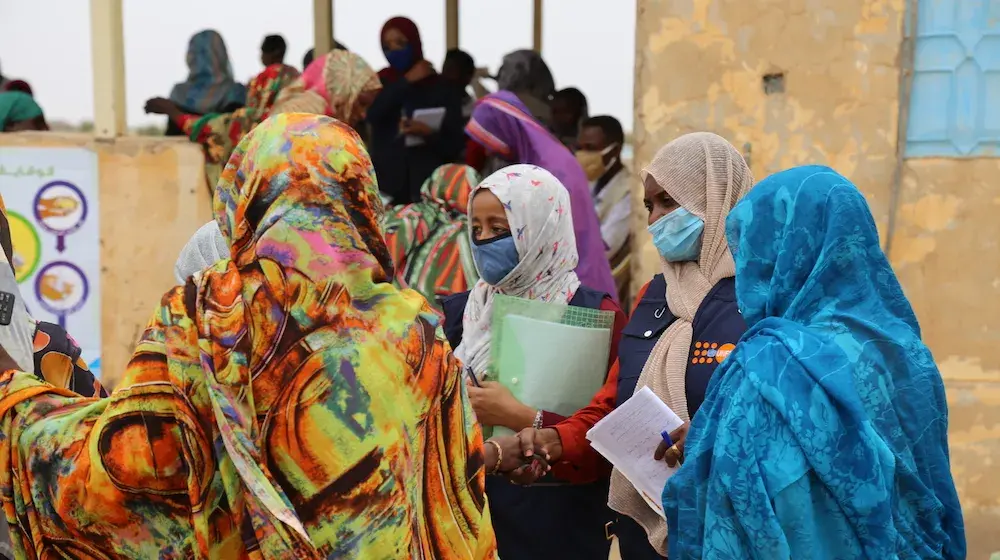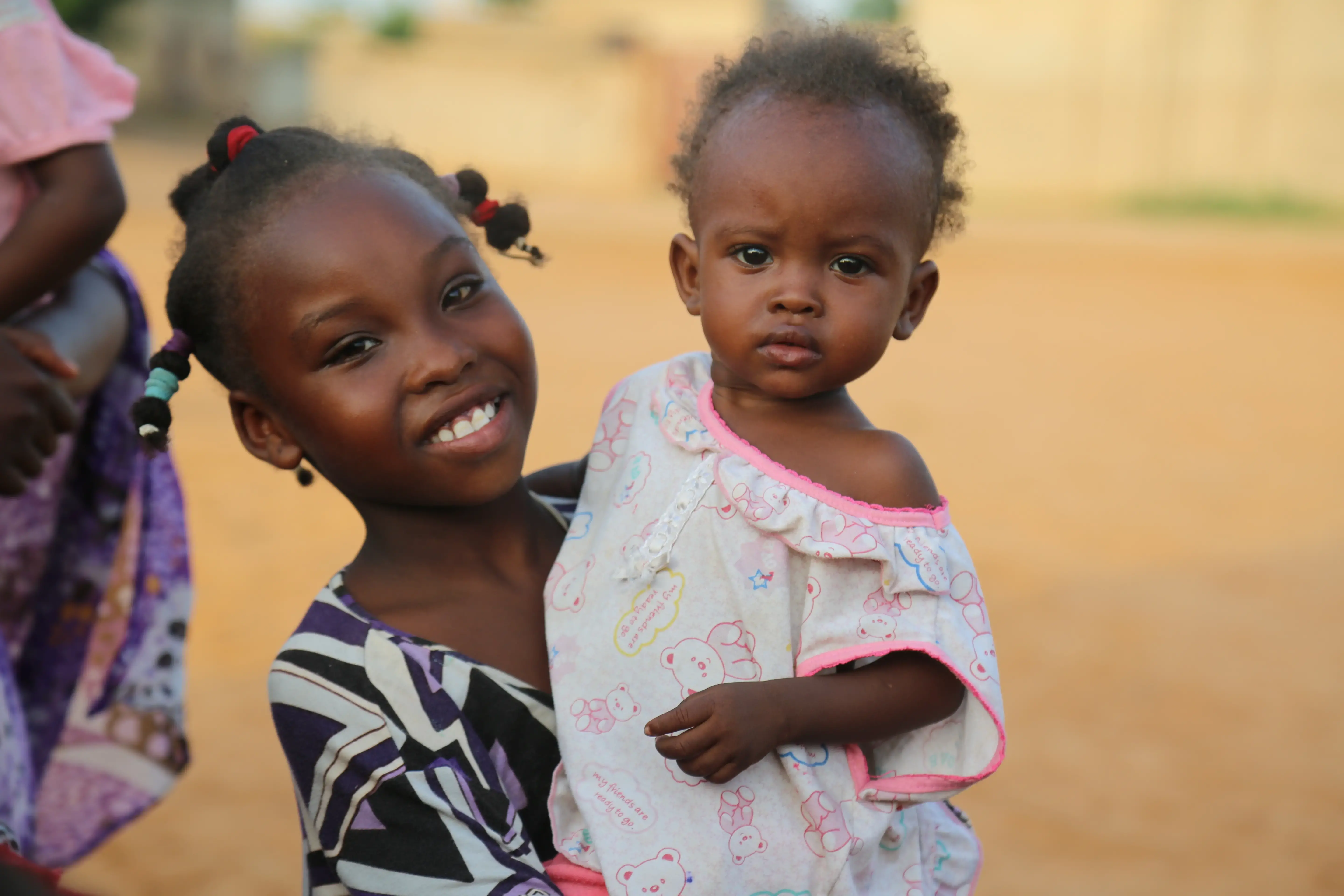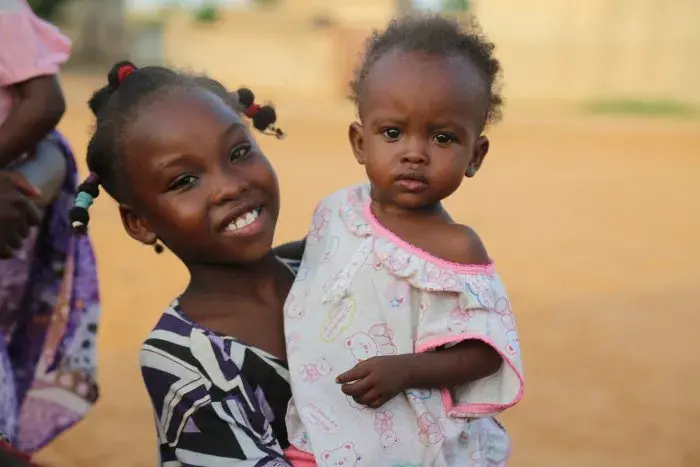In a vibrant event at Tuti Island, located at the meeting point of the White and Blue Niles, 52 health cadres have graduated following training on abandonment of Female Genital Mutilation through awareness-raising, positive messaging and planning for community involvement.
Khartoum, August 10, 2010. In a vibrant event at Tuti Island, located at the meeting point of the White and Blue Niles, 52 health cadres have graduated following training on abandonment of Female Genital Mutilation through awareness-raising, positive messaging and planning for community involvement.
The training is part of the UNFPA-supported Tuti Island Free of FGM Initiative. The project is a partnership between UNFPA, Seema Centre for Women and Child Protection along with other 42 Civil Society Organizations based in Tuti. The community-based project celebrates the role of families, especially grandmothers; religious leader and the community at large in abandoning FGM. "Saleema" (uncircumcised) girls and their families were recognized during the ceremony.
"This initiative should extend to cover all Khartoum greater area in order to achieve Khartoum-Free-of- FGM," said Ms. Afaf Ahmed Aabder Rahman, Khartoum State Minister of Development and Social Welfare. She added that surveys and studies have be conducted to know the prevalence rate and attitudes in Khartoum in order to come up with the right strategies and redirect efforts towards the goal of collective abandonment of FGM.
"I congratulate grandmothers, mothers, religious leaders, and the whole of Tuti community for their valuable efforts in protecting their girls by abandoning the practice of FGM," said Ms. Sharareh Amirkhalili, Deputy Representative of UNFPA Sudan. She hoped that other girls in other parts of Sudan will be fortunate to receive such protection from their families and communities.
Ms. Amirkhalili noted that UNFPA will support conducting surveys and studies to extend the initiative beyond Tuti Island.
Ms. Nahid Gabr Allah, president of Seema Centre for Women and Child Protection said "We hope that the Tuti experience will be replicated in other communities." She added that Habobat (grandmothers), who traditionally push families to circumcise their girls, play a central role in this initiative. They have received informal training through regular coffee ceremonies. As a result of this and other activities, prevalence rate in Tuti Island has gone down by 50 %.
The Tuti Free of FGM Initiative was launched in 2008 with participation from government and non-government organizations; health, sport and social clubs; women organizations; preschool centres in addition to influential figures.




